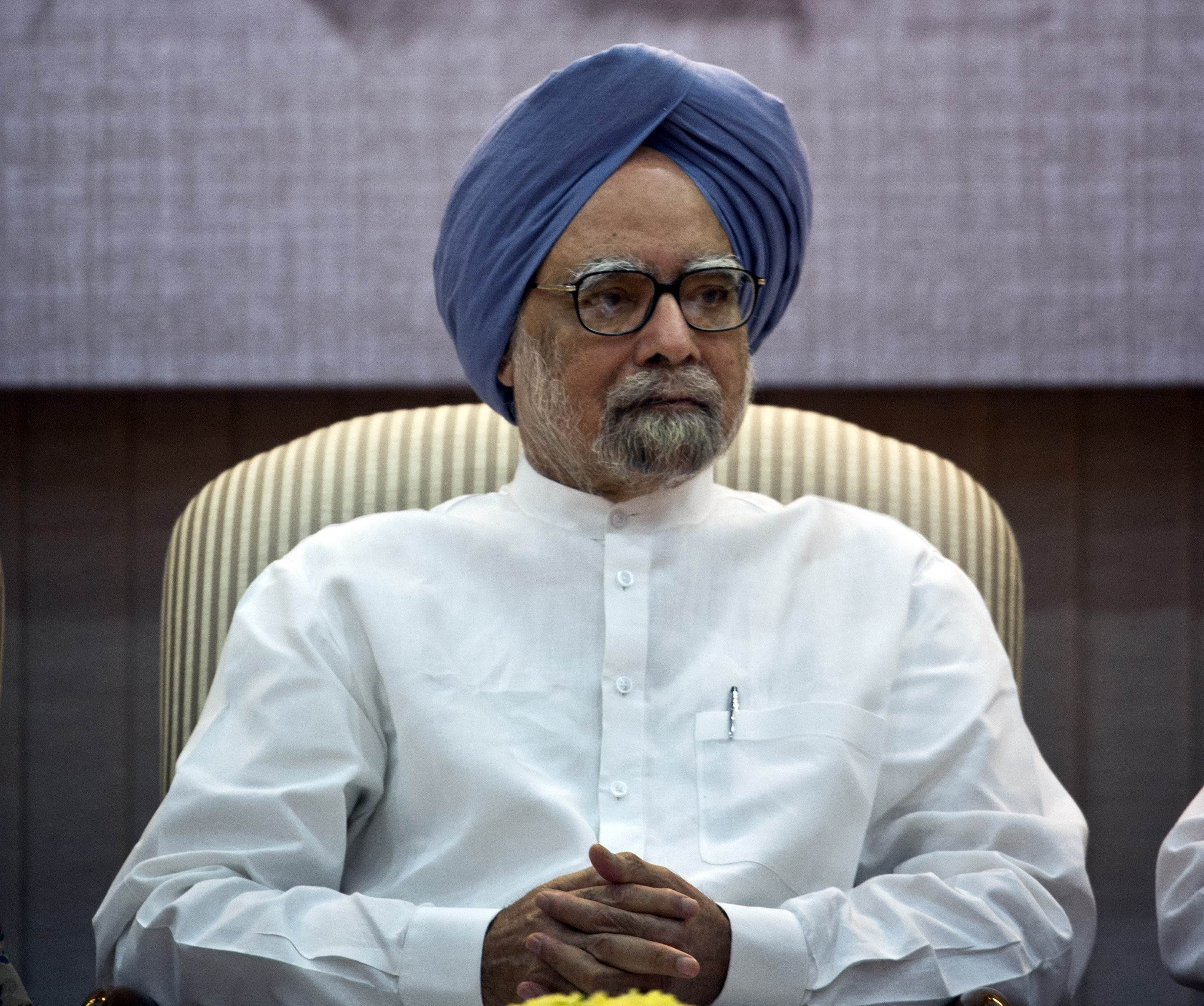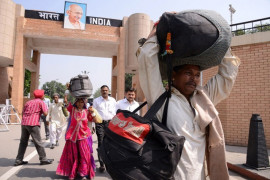
NEW DELHI:
India’s former foreign secretary Shyam Saran has said that freezing peace dialogue with Pakistan would not help India much in the South Asian and global context.
“Holding back on India-Pakistan summit meetings, or for that matter, meetings at other levels, rarely yield results in terms of shaping Pakistani responses to our concerns, particularly when we have been inconsistent in pursuing such a policy,” Saran writes in a signed article.
Saran’s article is part of a heated debate in the Indian media over whether or not Prime Minister Manmohan Singh should meet his Pakistan counterpart Nawaz Sharif in New York on the sidelines of the UN General Assembly.

Calling India’s approach towards Pakistan a syndrome of ‘dialogue-disruption-dialogue’, Saran says there is no reason for Pakistan to take India’s threats of suspending dialogue – because, according to him, India always returns to talks.
He says that India should base its relations with Pakistan on a careful assessment of the current regional and global geopolitical environment and its likely evolution over the coming months.
“There needs to be a careful assessment of the domestic political and economic dynamics now unfolding in Pakistan. These may provide us with a better sense of the challenges we will face not only in dealing with Pakistan but our entire Western neighbourhood,” Saran adds.
Saran says what is important is not whether India talks to Pakistan in New York or not, but what it does with those talks or with its silence. The most immediate challenge in the region is the withdrawal of US troops from Afghanistan in 2014, he adds.
Saran claims that Pakistan is likely to persist with, what he calls, its ‘hostile policies’ towards India and these may well escalate with the withdrawal of US troops from Afghanistan in 2014.
“It may then suit us [Indians] to maintain formal engagement even while we devise means to constrain Pakistan’s adversarial proclivities. Or we may come to the conclusion that the emergence of a democratically-elected civilian government in Pakistan and an altered perception in its elite that India is no longer an existential threat, does provide opportunities for nudging Pakistan in a direction that addresses our major security concerns”, Saran says.
Published in The Express Tribune, September 19th, 2013.
COMMENTS (1)
Comments are moderated and generally will be posted if they are on-topic and not abusive.
For more information, please see our Comments FAQ



































































Since talks also have not helped, the best thing to do is to put the whole gamut in deep cold storage until sometime in future. No one in the Indian government can talk to Pakistan until it gets rid of anti-India poison in its system. We will know when that happened when we see the shelling at our border cease. It is reported that this past year has seen the most attacks at the border to-date.